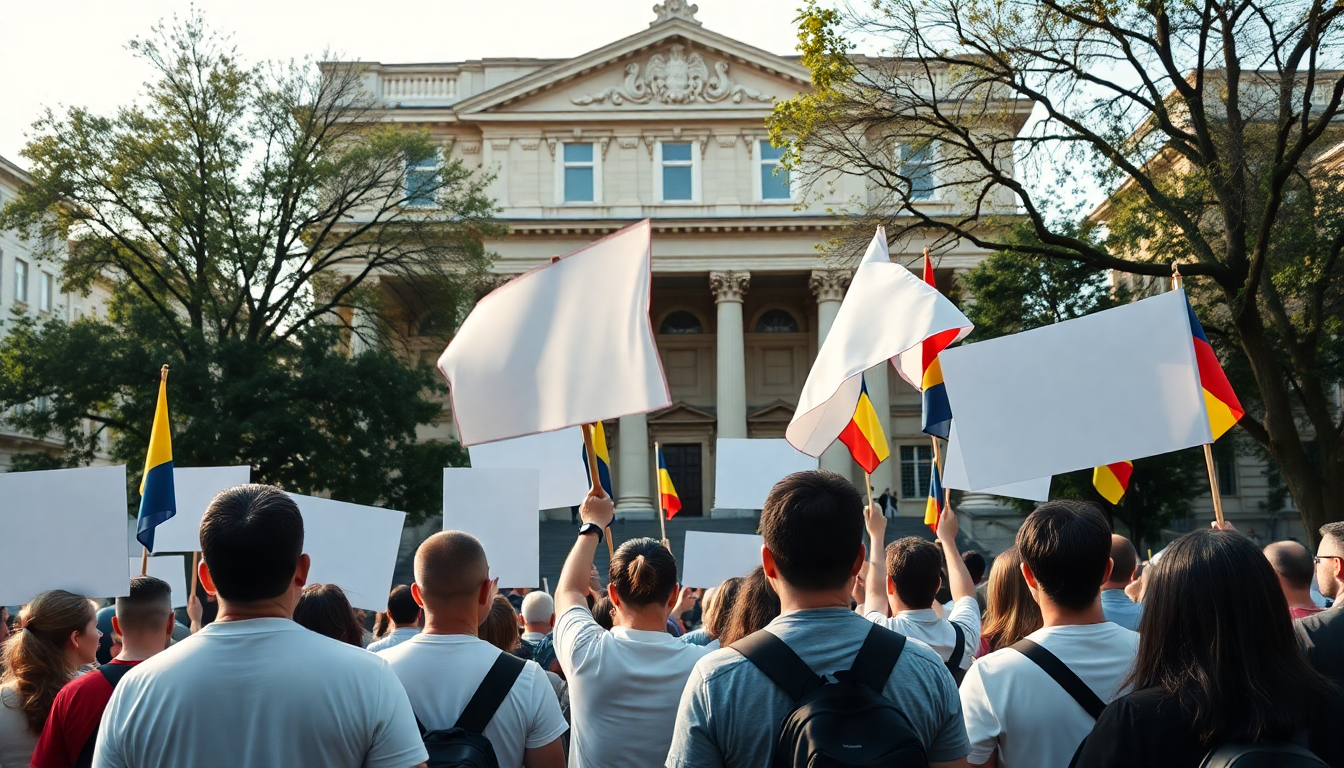The recent indictment of former Romanian presidential candidate Călin Georgescu has ignited conversations about the rising tide of political extremism in Romania. Accused of promoting fascist propaganda, Georgescu’s case serves as a wake-up call regarding the alarming trends within the country’s political sphere. In this article, we’ll explore the specifics of the indictment, the broader context of increasing extremism, and what this means for Romania’s democratic future.
What’s Behind the Indictment?<\/h2>
On Wednesday, prosecutors formally indicted Călin Georgescu for endorsing fascist ideas during a period stretching from June 16, 2020, to May 16, 2025. The allegations detail a troubling array of interviews, online posts, and public speeches promoting extremist views. What’s particularly concerning is his glorification of controversial historical figures like Marshal Ion Antonescu and Corneliu Zelea Codreanu, both notorious for their connections to Romania’s fascist history.
If convicted, Georgescu might face a prison term ranging from three months to three years. The focus of the charges is on “legionary propaganda” tied to Romania’s National Legionary State, which ruled during a grim chapter from 1940 to 1941. However, this indictment is just one part of a larger investigation into Georgescu’s activities, which also raises serious concerns about attempts to undermine the constitutional order.
The Bigger Picture: Political Extremism in Romania<\/h2>
Georgescu’s situation isn’t a standalone incident; it’s part of a worrying pattern of rising ultranationalism and political extremism in Romania. As a hard-line ultranationalist, Georgescu gained considerable attention during the November 2024 presidential election, securing 22.9% of the first-round vote. However, following allegations of foreign interference—particularly claims of Russian influence—the Constitutional Court annulled the election results.
This situation underscores a significant concern about the growing influence of extremist ideologies in Romanian politics. With ultranationalist sentiments on the rise, one can’t help but wonder: what does this mean for the stability of Romania’s democratic institutions? Could we see further polarization within society?
What’s at Stake for Democracy and Society?<\/h2>
The indictment of Călin Georgescu is a crucial reminder of the hurdles facing Romania’s democracy. As political extremism takes root, it threatens not just democratic values but also the social fabric of the nation. The glorification of figures from Romania’s dark past can create divisions and breed hatred among different groups within society.
Moreover, the government’s response to this kind of extremism will play a pivotal role in shaping the future political landscape. As authorities navigate these challenges, they need to strike a careful balance between ensuring security and protecting civil liberties. This balance will be essential in maintaining public trust and reaffirming Romania’s commitment to democratic principles.
Conclusion: A Pivotal Moment for Romania<\/h2>
As Romania grapples with its complex political dynamics, the case of Călin Georgescu highlights an urgent need for vigilance against the rise of extremism. Building a strong democratic framework is crucial in countering these threats and fostering a more inclusive society. The upcoming months will be critical in determining the direction of Romania’s political landscape as it confronts the implications of this indictment and the broader challenges posed by political extremism.


